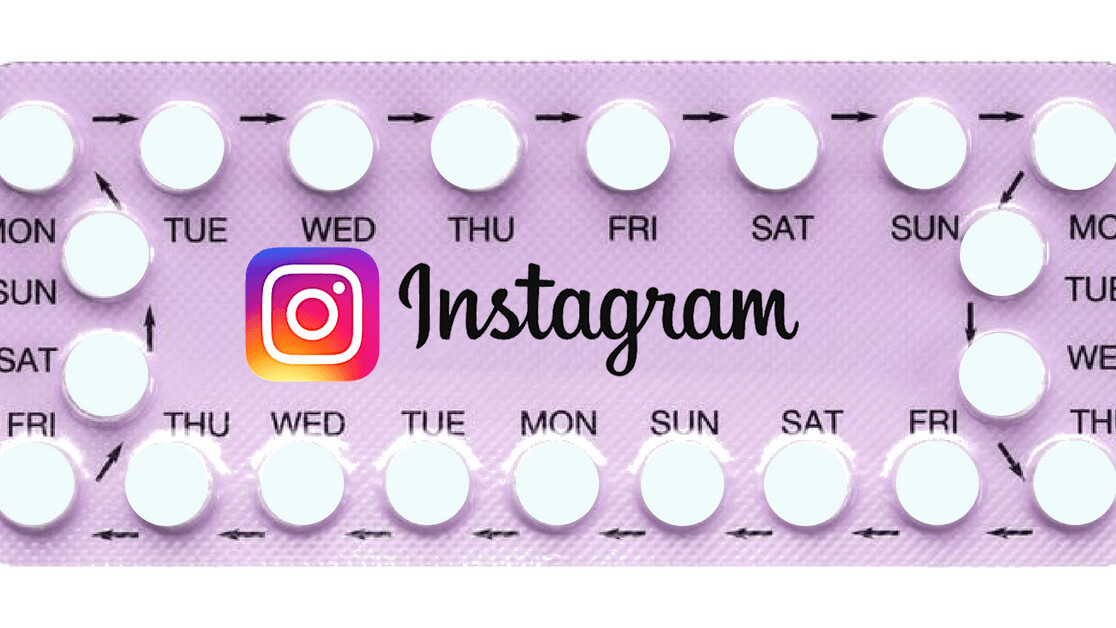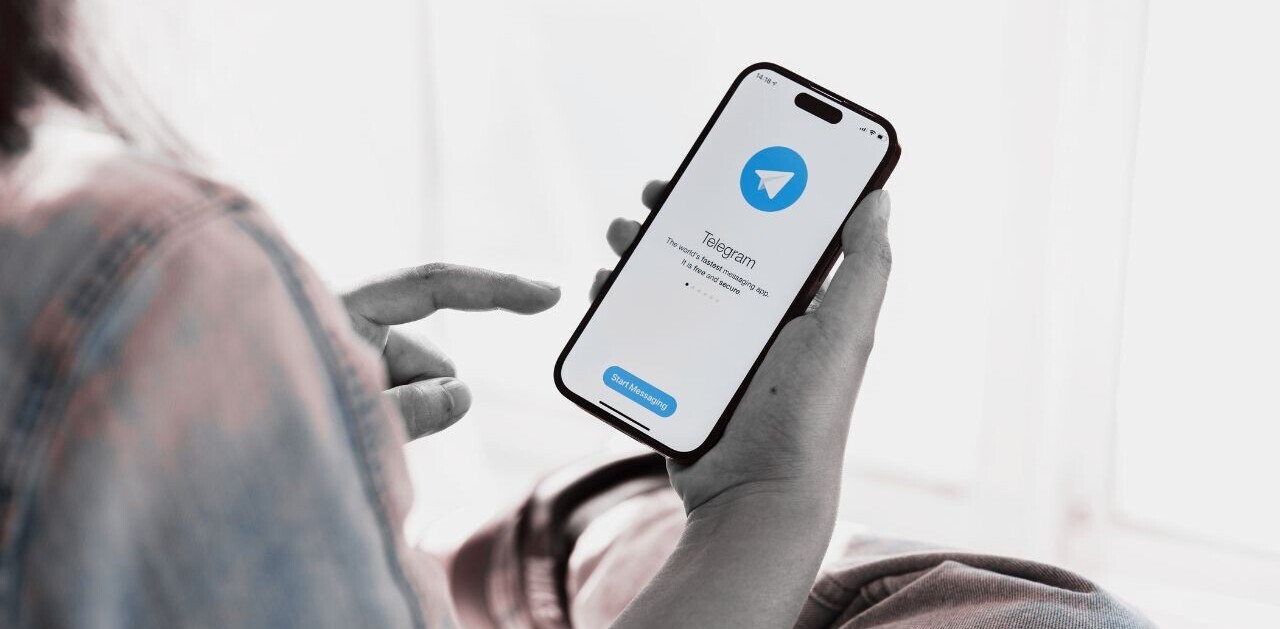
Influencers promote almost anything on social media from holidays to makeup to discount codes, and even fertility apps. Our feeds are flooded with #ad posts from influencers who are “loving” a recently released product.
But how much trust should we put into a #sponsored post? Especially when that product is contraception.
I am usually blasé about Instagram influencers. They’re pretty harmless when it comes to promoting Dior’s latest lipstick for a 10 percent cut. However, some influencers on social media don’t know enough about a certain product that they’re promoting, which could be why companies are so attracted to them.
In addition to Natural Cycles being the most Instagrammed fertility tracking app (at least on my feed), it has also become one of the most controversial ones too after 37 out of the 668 women who had an abortion in Stockholm had been using Natural Cycles to prevent pregnancy.
As soon as you wake up in the morning, you take your temperature with a Natural Cycles thermometer, the app then predicts if you’re fertile today based on previous information you’ve added about your menstrual cycle.
If the app shows green, you can have unprotected sex, if it’s red, you should have sex with protection unless you’re trying for a baby. They claim that it can predict peak fertility, for women hoping to get pregnant, or low fertility, for women avoiding pregnancy.
Sounds easy, right? No hormonal mood swings, no piece of copper placed in your body, no interference of your period,
You probably already know that there isn’t a preferable birth control option right now. Hormonal pills are a ticket for a never ending emotional rollercoaster, IUDs have to be shoved up your vagina, and anyone who solely trusts condoms (and still enjoys sex with them) is delusional.
With all this in mind, it’s easy to see why 700,000 women cancelled their repeat prescription of the pill and arranged an appointment to remove their IUDs in hope of a stress-free, non-hormonal contraception available by simply downloading an app on their smartphone.
But don’t throw away your packet of contraceptive pills too quickly. Asides from the reported unwanted pregnancies in Stockholm and the fact that this app will never be able to prevent you from contracting STDs, spontaneous sex is more or less completely off the table.
Depending on your current lifestyle, consistently and reliably avoiding sex for several days at a time during a precise and sometimes variable window each month is impossible and definitely a mood killer.
Since this app works by working out the days when you’re most fertile or not, planning sex is essential (just send your partner a Google invite for sex at 9:00pm @home).
I use Instagram for the same reason most other people do. I scroll endlessly through celebrities posts and uploads from friends I haven’t seen for years. I also occasionally share photos that pile up on my profile as squares illustrating the good parts of my life.
But amongst the endless scrolling through my Instagram feed and the odd like, there’s no getting away from the ads Instagram thinks I need to see.
As a young woman, my ads typically include:
It’s like being a woman today doesn’t come with enough pressure from social media?
All the sponsored posts and pretty flat lays of Natural Cycle’s thermometer chipped away at my logical thinking and I started to consider taking the ‘natural route’ of contraception.
If Natural Cycles doesn’t manage to worm its way onto my feed through sponsorship, its aggressive method of using influencers sure works. On this particular #sponsored post, I saw a candid shot of a young woman checking her temperature with the Natural Cycles app.
This post is one of hundreds that are thoughtlessly littered on women’s Instagram feeds every day. A search of #NaturalCycles will inevitably bring up dozens of the same kind of flawless and fresh-faced influencers promoting this fertility app with the thermometer stick hanging from their mouths.
These posts made me (and probably thousands of other women) consider throwing away the pill and downloading the app. It all looked so easy, and even beautiful. I wanted to be a part of this and be in complete control of my body (for once in my adulthood).
I would use this app in the same way as I use most of the technology in front of me right now, I’d give it all my data, trust it fully, but never really understand how it works.
I decided to do a little research…
When I asked her about Natural Cycles, it was a hard ‘no’, unless I wouldn’t mind so much if I got pregnant (I would absolutely fucking mind). So why are influencers marketing this app as a form of contraception instead of an app for planning pregnancy?
I walked away from my doctor’s appointment feeling naive after falling victim to Natural Cycle’s thoughtless marketing strategy. It sold me the dream solution of birth control but prior to this, I had never fallen for buying an insanely expensive makeup product advertised by an influencer,

Fertility apps are been unethically advertised as a ‘one size fits all’ through irresponsible influencers that could be selling a product that they themselves have never used.
In an interview with Elina Berglund, CTO and co-founder of Natural Cycles, she said her ideal user of the app would be a woman who is planning to have children at some point, but wants to take a break from hormonal contraceptives until.
One of Berglund’s researchers, Gemzell Danielsson, addressed how Natural Cycles is not a good option for women who absolutely want to avoid a pregnancy.
Somehow, Danielsson’s research has been lost in translation through Natural Cycle’s influencer strategy. Companies and influencers alike should take this as a wake up call to stop dressing up potentially life-changing products just so it matches their perfectly arranged Instagram feed.
I reconsidered the whole ‘how to not get pregnant’ thing and found myself in the doctor’s room a couple of weeks later. But this time laid down looking at the ceiling in discomfort whilst the doctor shoved my IUD in — trying to not get pregnant isn’t fun.
Get the TNW newsletter
Get the most important tech news in your inbox each week.





